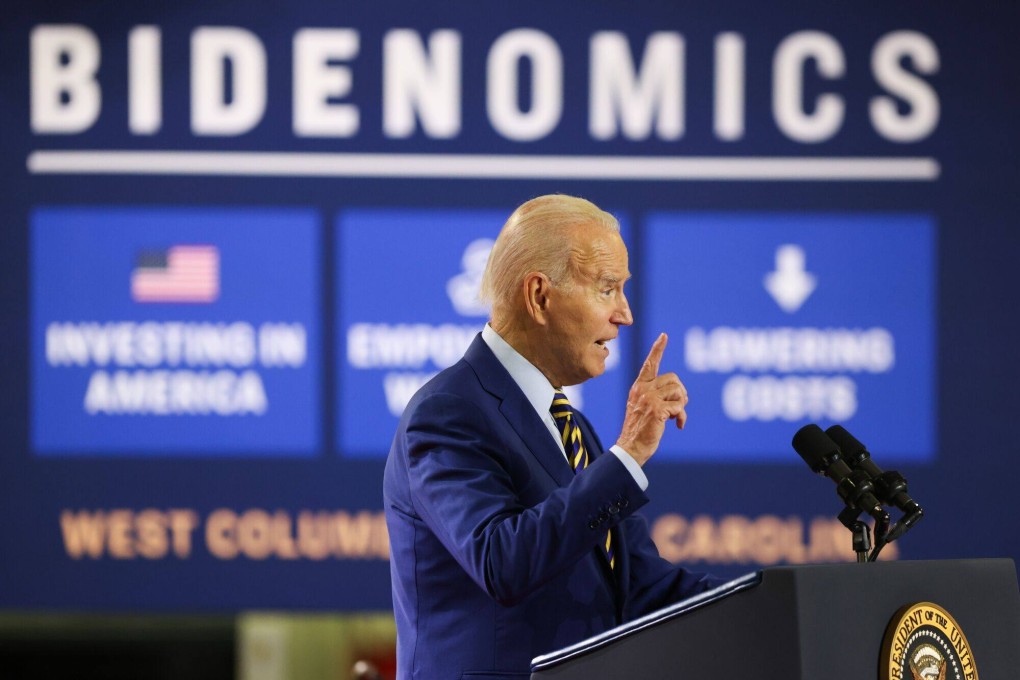The View | Why geopolitics, not protectionism, is the global economy’s true enemy
- What some decry as protectionism and mercantilism ruining the global economy is really a rebalancing towards addressing important national issues
- The biggest risk is not this broader reorientation – which should be welcomed – but US-China rivalry that threatens to hurt everyone

“The era of free trade seems to be over. How will the world economy fare under protectionism?” This is one of the most common questions I hear nowadays.
Moreover, when national jurisdictions are linked through international trade and finance, additional questions arise. Which countries’ rules and regulations should take precedence when businesses compete in global markets? Should the rules be designed anew through international treaties and regional or global organisations?
The trade agreements signed in the past 30 years were not so much about removing cross-border restrictions on trade and investment as about regulatory standards, health and safety rules, investment, banking and finance, intellectual property (IP), labour, the environment and many other issues that previously lay in the domain of domestic policy.
